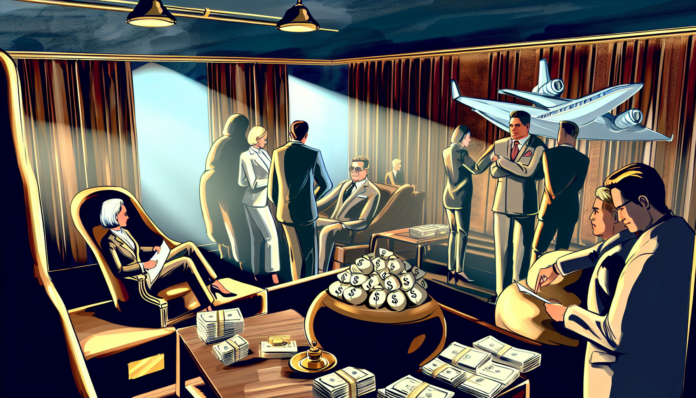Introduction
In the annals of political history, few scandals grip the public’s imagination like those involving sex and power. One prominent figure entrenched in such a scandal is former UK Prime Minister David Cameron, whose political career was, at times, overshadowed by allegations of extramarital relationships and questionable ethical conduct. Set against the backdrop of the early 2020s, a period marked by shifting societal norms regarding sexuality and fidelity, this scandal reflects not only the murky waters of political ambition but also how society’s moral compass has evolved over time.
Moral Attitudes of the Time
During Cameron’s tenure, conventional views on fidelity were still deeply ingrained in British culture. For many, maintaining a blameless public image was paramount, especially in the face of soaring media scrutiny. As the prodding eyes of the press delved into personal lives, the juxtaposition of personal faults against public office became a contentious battleground.
The Scandal
The allegations surrounding Cameron did not culminate in the dramatic flair of a sex tape but revolved around buried whispers and unverifiable claims about infidelity with high-profile individuals within Westminster. Rumors and whispers flared up in 2020, leading to journalists’ frenzy, with tabloids pushing narratives fraught with speculation. A particularly incendiary claim was reported by a leading daily, stating that Cameron had engaged in discreet meetings at unmarked locations, sparking intense debate over politics and morality in high office.
Key Events
- Initial Reports: The first hints of scandal emerged in a well-sourced memo circulated among journalists outlining secret rendezvous.
- Media Outcry: Major news outlets, including The Daily Mail and The Guardian, pounced on these claims, igniting public discourse around the interplay between personal and political integrity.
- Public Responses: Social media exploded with a mix of condemnation and mockery, with memes circulating that depicted Cameron in comic scenarios.
Notably, the former Prime Minister remained largely reticent, often opting for non-denial denials, refusing to directly address the allegations while simultaneously insisting on a commitment to public service.
Moral and Cultural Analysis
Society’s response to Cameron’s scandalary whispers was mixed. Many expressed outrage at the perceived hypocrisy of a leader who deemed himself above reproach, while others took a more lenient view, reflecting a growing cultural acceptance of polyamorous relationships. The discussions generated a national conversation that pushed beyond mere scandal, questioning existing moral standards:
- Consequences for Involved Parties: Though no immediate political fallout occurred, the perception of Cameron suffered. Conversations about integrity and transparency in governance became prominent.
- Historical Context: Comparatively, past scandals, like Prime Minister John Profumo’s affair in the 1960s, ended in resignation amidst public outrage. The more recent scandal, however, suggests a gradual easing of punitive social norms.
Viewing Today
If the same allegations were made in 2023, the response might differ significantly. Today, audiences are more inclined to separate personal morality from professional capabilities. The normalization of open relationships and shifting views on privacy in the elite sphere suggest that while scandalous affairs may still incite chatter, they are less likely to topple political figures. The younger generation’s craved transparency and authenticity aligns more closely with their tolerance for personal flaws, reshaping the narrative around political accountability.
In sum, the investigation into David Cameron’s alleged extramarital escapades stands as a reflection of the changing tides of societal values. From outrage over perceived hypocrisy to a more nuanced understanding of human behavior, the dialogue surrounding such scandals evolves—mirroring the complexities of both politics and personal lives in a modern world.

